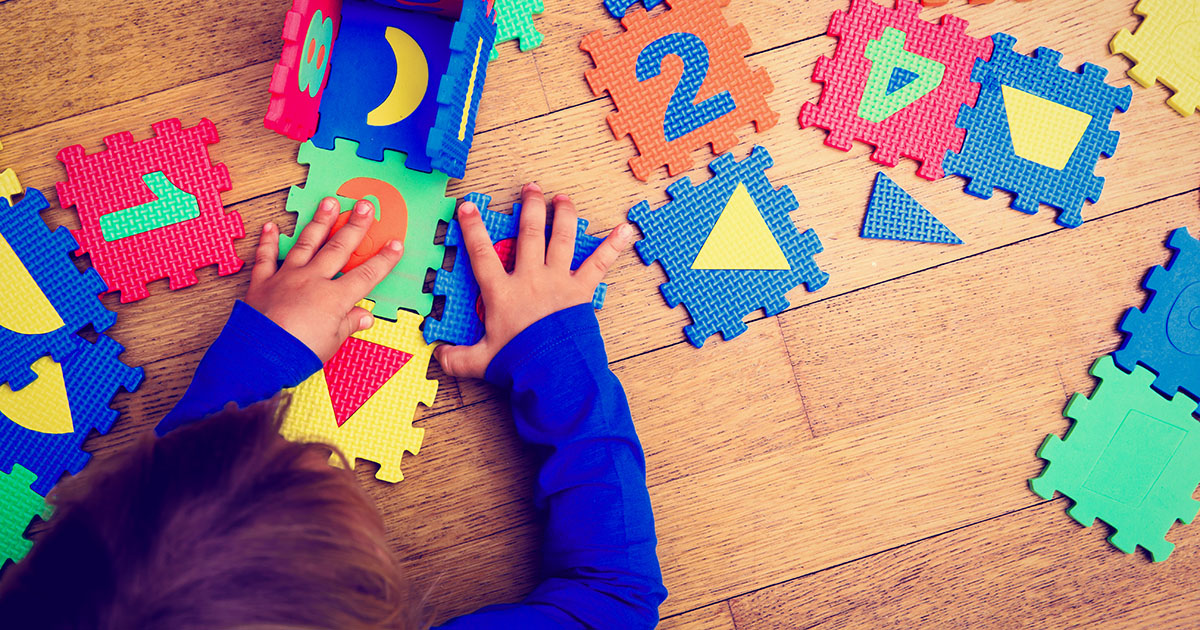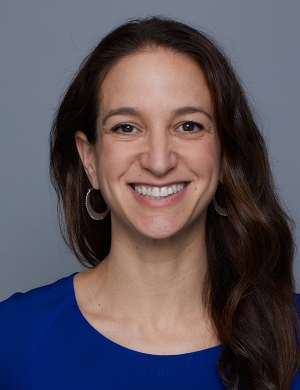Improving Children’s Math Skills

Early math ability is one of the best predictors of children’s math and reading skills into late elementary school. Children with stronger math proficiency in elementary school are more likely to graduate from high school and attend college. But most early childhood programs don’t focus on math instruction. What kinds of math programs can improve children’s early math abilities? And can they lead to positive impacts for other longer-term outcomes?
The Making Pre-K Count and High 5s demonstrations were designed to rigorously assess whether providing high-quality math instruction, aligned across prekindergarten (pre-K) and kindergarten, could lead to long-term gains in a variety of domains for students growing up in low-income communities in New York City. Making Pre-K Count and High 5s are the first studies of the Robin Hood Early Childhood Research Initiative, a partnership between Robin Hood and MDRC, which is supported with lead funding from the Heising-Simons Foundation, the Overdeck Family Foundation, and other funders.
MDRC’s findings show that these programs reduced the achievement gap in math skills between low-income children and their higher-income peers.
Join Katie Beal as she talks to Shira Mattera, Research Associate at MDRC, and Robin Jacob, a Research Associate Professor at the University of Michigan Institute for Social Research, about the positive impacts of the Making Pre-K Count and High 5s demonstrations.
About Evidence First
Policymakers talk about solutions, but which ones really work? MDRC’s Evidence First podcast features experts—program administrators, policymakers, and researchers—talking about the best evidence available on education and social programs that serve people with low incomes.
About Leigh Parise
 Evidence First host Leigh Parise plays a lead role in MDRC’s education-focused program-development efforts and conducts mixed-methods education research. More
Evidence First host Leigh Parise plays a lead role in MDRC’s education-focused program-development efforts and conducts mixed-methods education research. More





